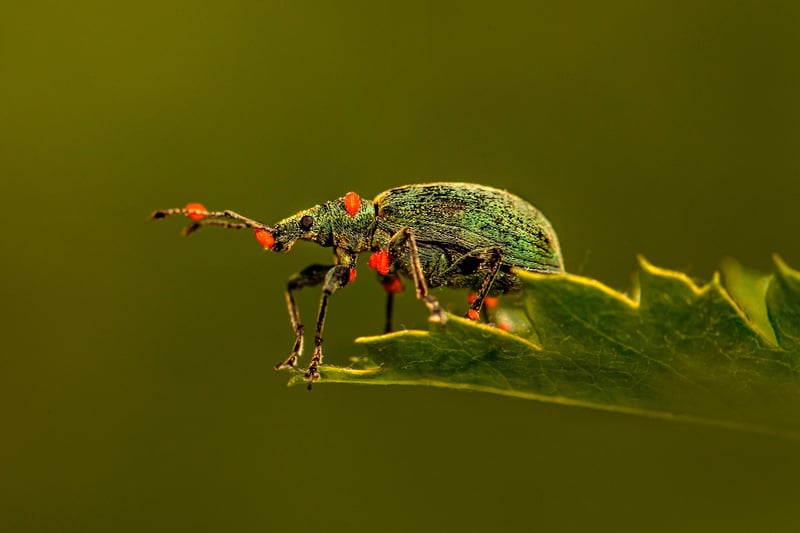Pest Prevention Methods
Keep Your Garden Healthy: Pest Prevention Methods
Welcome to our guide on maintaining a healthy garden by preventing and dealing with pests effectively. A flourishing garden requires attention and care, and keeping pests at bay is a crucial aspect of garden maintenance. Here are some tips and methods to help you protect your plants and ensure a vibrant garden.
1. Choose Resilient Plants
Opt for plant varieties that are known to be resistant to common pests in your area. Research and select plants that are less susceptible to infestations, reducing the need for chemical interventions.
2. Maintain Garden Hygiene
Keep your garden clean and tidy by regularly removing fallen leaves, weeds, and debris. Pests often thrive in unkempt areas, so maintaining cleanliness can help deter them from settling in your garden.
3. Encourage Beneficial Insects
Attract beneficial insects like ladybugs, lacewings, and bees to your garden. These insects prey on common garden pests, serving as natural pest control agents. Planting flowers and herbs that attract these beneficial insects can help keep pest populations in check.
4. Use Natural Remedies
Consider using natural pest control methods such as neem oil, insecticidal soap, or garlic spray. These remedies are less harmful to beneficial insects, pets, and the environment compared to chemical pesticides.
5. Install Physical Barriers
Protect your plants by installing physical barriers like row covers, netting, or fences. These barriers can prevent pests like birds, rabbits, and insects from damaging your crops.
6. Rotate Crops
Practice crop rotation to disrupt the life cycle of pests that target specific plants. By changing the location of crops each season, you can reduce pest infestations and maintain soil health.
7. Monitor Regularly
Inspect your plants regularly for signs of pest damage or infestation. Early detection can help you address pest issues promptly before they escalate and cause significant harm to your garden.
8. Seek Professional Help
If pest problems persist despite your efforts, don't hesitate to seek advice from local gardening experts or extension services. They can provide tailored recommendations and solutions to manage stubborn pests effectively.
By following these pest prevention methods and staying proactive in your garden care routine, you can create a thriving and pest-free environment for your plants to flourish. Remember, a healthy garden is not just about beautiful blooms but also about maintaining a balanced ecosystem where plants and beneficial insects coexist harmoniously.

Happy gardening!
